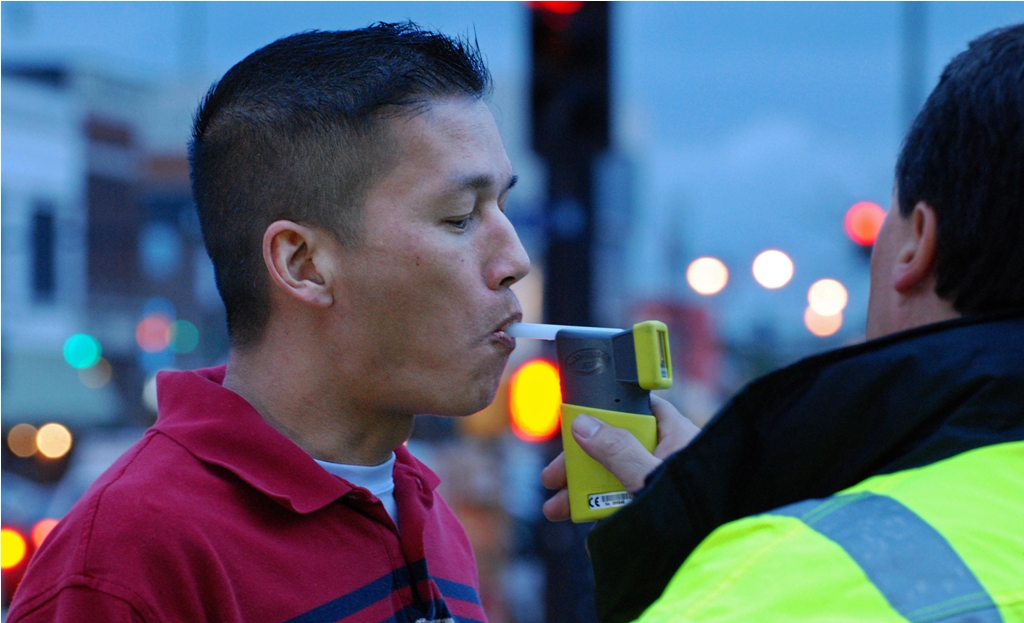DUI and DWI are used interchangeably in New York outside the courtrooms and everyday language. However, New York laws distinguish the various types of DUI-related charges. These include DUI, DWI, and DWAI.
Knowing the differences and the penalties they attract can better equip you to defend yourself in court. A Long Island criminal lawyer can help you understand the differences and the risks you face if facing a DUI or DWI charge.
What is Drunk Driving in New York?
Driving under the influence is one of the most common causes of auto accidents in New York. According to statistics from the New York State Department of Motor Vehicles, there’s an annual average of:
- 4,288 non-fatal injuries
- 8,384 collisions
- 322 fatalities related to drunk driving
If you receive a DUI or DWI conviction in New York, you risk getting harsh penalties. A criminal lawyer in Long Island can help you create a strong defense to protect your right, freedom, and future.
How Are DUI and DWI Different in New York?
Despite the interchangeable use of DUI and DWI in New York, the two have distinct differences.
What is DWI
DWI refers to driving while intoxicated. It mostly relates to cases of people who drive while legally intoxicated or drunk with alcohol. The driver’s breath alcohol content (BAC) must be at least 0.08%. That’s the legal limit in New York for driving while intoxicated.
What is DUI
DUI stands for driving under the influence and broadly encompasses intoxication by other substances and alcohol. Any mind-altering substance like heroin, marijuana, and some prescription drugs like hydrocodone and oxycodone fall under this category.
DWI can be classified as a form of DUI, hence the interchangeable use of the two terms. New York laws consider DUI an umbrella term that includes different types of impaired driving.
You can get any type of DUI without driving your vehicle. For example, if you turn on your car’s engine while under the influence without the intention of diving, you can be liable for DUI. A Long Island DWI and DUI defense lawyer provides legal representation and presents a strong defense to prevent your case from going this way.
What is DWAI
Another type of impaired driving worth mentioning is DWAI. DWAI refers to driving while ability impaired and applies to cases where the driver’s BAC is less than the legal limit of 0.08%. However, the driver is still found to be impaired by substances like drugs or alcohol to any extent.
DWAI charges are often less severe than DWI charges unless the driver used a combination of drugs and alcohol, causing severe impairment. The offense becomes worse if the driver causes an accident, injuring or killing someone. Any damages to a property due to the driver’s impairment also contribute to harsher penalties.
What Are the Penalties for DUI and DWI Charges in New York?
New York imposes various penalties for people with DUI and DWI cases based on how severe the crime is and the frequency of crime commission.
Penalties for Driving While Intoxicated
DUI penalties in New York for driving while intoxicated are as follows:
- First violation: An automatic fine of between $500 and $1,000, license revocation for at least six months, and no jail time necessary
- Second violation: Five days in jail or 30 days of community service if the first DWI happened within the past five years.
- Third violation: 10 days in jail o 60 days of community service if the two previous violations happened within the last five years.
Penalties for DWAI Charges
A DWAI charge is typically less severe than a DWI or DUI. If convicted of a DWAI for the first time, the possible penalties include:
- A fine of up to $1,000
- Probation of up to three years
- Jail time of up to one years
- Automatic revocation of your driver’s license for at least six months
The penalties can increase with subsequent violations, up to being charged with a felony instead of a misdemeanor. A DWI and DUI defense lawyer in Long Island can come to your defense to have the charge reduced or dropped altogether.
How Long Does a DUI or DWI Stay on Your Insurance Record?
A DUI conviction in New York can affect your insurance for up to 10 years. That depends on how far back the insurance company checks your driver’s motor vehicle record. Most car insurers will check your record for the past 3-5 years when calculating your premiums. Others can move further back to check for major violations.
Can You Seal a DUI or DWI Record in New York?
A DUI or DWI conviction can have severe adverse consequences that make them worse than some other felonies or misdemeanors. You risk jail time, fines, and having your license revoked. The costs to retrieve your vehicle from police impound, get your license back, pay court charges, and obtain SR-22 insurance make the conviction more expensive than other crimes in the same category.
Fortunately, you can have your DWI or DUI record in New York sealed. The law allows you to apply to have one felony and one misdemeanor or up to two misdemeanors sealed. The offenses must be at least ten years old and meet other recording sealing requirements as stipulated by the law. Talk to a DWI and DUI defense lawyer in Long Island to help you get a second chance by sealing your DWI or DUI conviction record.
A Professional Defense Lawyer Helping You Understand Your Rights
A DUI or DWI record can adversely affect your life, affecting your chances at employment and diminishing your reputation. Luckily, a DWI and DUI defense lawyer in Long Island can help you understand the risk you face in each charge and the available legal options.
Our Long Island criminal defense firm is ready to help you with the process. Depending on the circumstances of the case, we can help you get lesser penalties or have the charges dropped. We want to help protect your rights and future. Contact us today to schedule a FREE case evaluation.














Comments are closed.